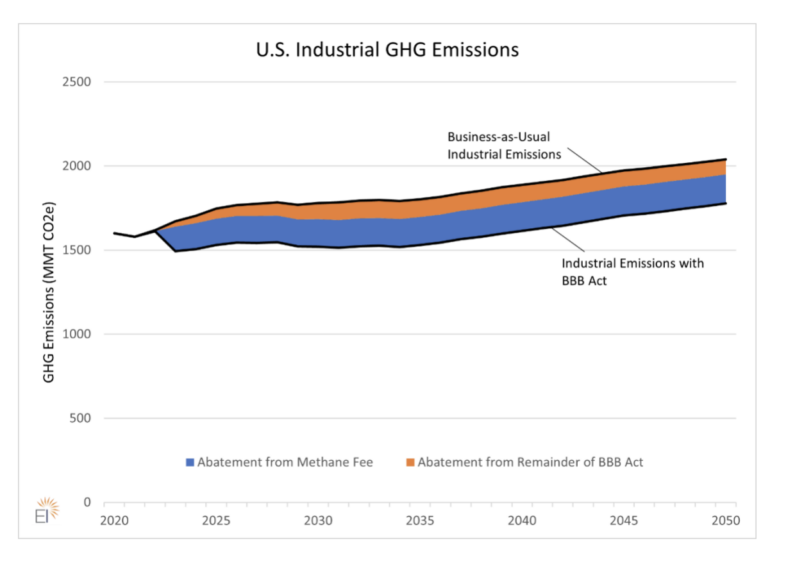
One of the many soft deadlines Democrats are facing as they trudge forward with their reconciliation package is the looming UN Climate Change summit in Glasgow. Last year's Conference of Parties was postponed because of the pandemic, and, with the world now two years deeper into its worsening crisis, this year's gathering is being heralded as the most important since the Paris Agreement was hammered out in 2015.
All that build-up comes as the U.S. Senate struggles to deliver the policies that would fulfill the President's climate agenda.
It's a familiar story: A Democratic President makes big promises on the global stage related to climate change (the Kyoto Protocol, a cap and trade bill, the U.S. contribution to the Paris Agreement) and the legislature is unable to deliver the laws that would make it so. That's never the end of the story — Obama was able to put in place some hefty climate policies through executive action, but the speed with which they were undone during the Trump administration shows why legislative action is very much preferred when you're trying to make international commitments in the hope of spurring similar efforts by other polluting nations.
See Also: Press Secretary Psaki tells Mary Alice Parks about Pres. Biden's trip to Capitol Hill today
We're seeing the Senate's traditional climate stumbles play out in an acute form this week with Sen. Joe Manchin stripping both the Clean Electricity Performance Program, and, potentially, a methane fee from the reconciliation package. Neither of these are small losses. The CEPP was designed to function like a Clean Energy Standard; the methane fee, according to an analysis by Energy Innovation, would remove the equivalent of 11 percent of today's U.S. industrial sector emissions, or the annual emissions of 36 million vehicles.
 "By 2050, the methane fee reduces industrial GHG emissions by 172 MMT CO2e per year, equivalent to 11 percent of today's U.S. industry sector emissions, or the annual emissions from more than 36 million gasoline-powered passenger vehicles. Cumulatively through 2050, the methane fee is responsible for 65 percent of the Build Back Better Act's total industrial GHG emissions reductions." (Source: Energy Innovation)...LESS
"By 2050, the methane fee reduces industrial GHG emissions by 172 MMT CO2e per year, equivalent to 11 percent of today's U.S. industry sector emissions, or the annual emissions from more than 36 million gasoline-powered passenger vehicles. Cumulatively through 2050, the methane fee is responsible for 65 percent of the Build Back Better Act's total industrial GHG emissions reductions." (Source: Energy Innovation)...LESS (Manchin's ability to block these provisions while possessing what seems to be only a surface-level understanding of them underscores the tragedy of Cal Cunningham not exercising greater discretion — or just, you know, checking his impulses entirely — while running for Senate, but here we are: a 50-50 Senate, where every Democratic-caucusing vote counts.)
So that brings us back to the upcoming UN summit. Can Biden tout his promise to cut greenhouse gas emissions 50% by 2030, even without a methane fee or the CEPP? Meeting the goal is not impossible, an analysis by the Rhodium Group finds — it's doable, but it's not easy. It would take aggressive actions by forward-thinking states, corporate entities, and the executive branch, as well as a Congress willing to make use of tax credits for such things as nuclear energy, hydrogen fuels, and forest restoration.
As is so often the case with climate change, we now have a goal that is only achievable with heroic effort. We can get there, but Manchin's personal branding exercise has made doing so quite a bit harder.

No comments:
Post a Comment